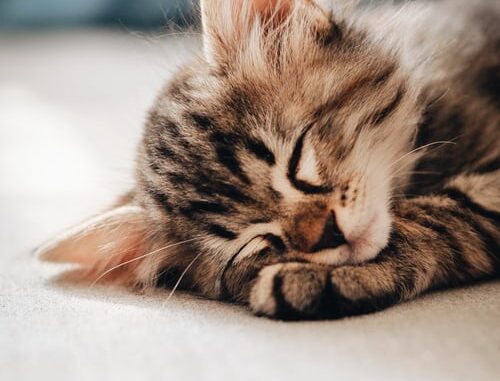
Co-Editor
Being a college student throws off my sleep schedule by nature. I go to sleep late and wake up early, which causes me to take naps between 12 p.m. and 1 p.m. Now that the weather is getting colder and the clocks have gone back an hour, I’m even more tired than usual and was in need of a solution to my problem.
I recently learned that the time of day, how long you nap and the reason for your nap are factors to a beneficial nap. According to the Sleep Foundation, 20-minute naps are better than long naps. The longer you sleep, the longer you feel drowsy after you wake up. Also known as sleep inertia. I usually have other things to do after I wake up which means I can’t be groggy after my daily nap.
Sadly, I go to bed late and take naps because I will get grumpy if I don’t and I decided to log my nap schedule. I take recovery naps around noon for about 30 minutes. After I identified my daily slumber, I noticed I wake up less moody and I am more productive after. Which is why I continue to set aside time for my nap.
However, taking naps after 3 p.m. can interfere with nighttime sleep according to the Mayo Clinic, which once again I used to do all the time. Planning your naps ahead of time can improve learning, increase memory, reduce fatigue and improve mood. This provides more reasons to schedule a 20 minute nap because no one wants to feel sleepy during the day.
Whether your nap is a recovery, prophylactic or appetitive 20 minutes is the ideal amount of time to diminish your homeostatic sleep drive, or the feeling of pressure to sleep, says the Sleep Foundation. I am always tired and if a 20-minute power nap can make me feel more awake and perform better during the day, then I will do it.
Since I am constantly pulled in every direction everyday, my 20-minute slumber provides daily self-care as well as accomplishing more tasks throughout the day.

Leave a Reply